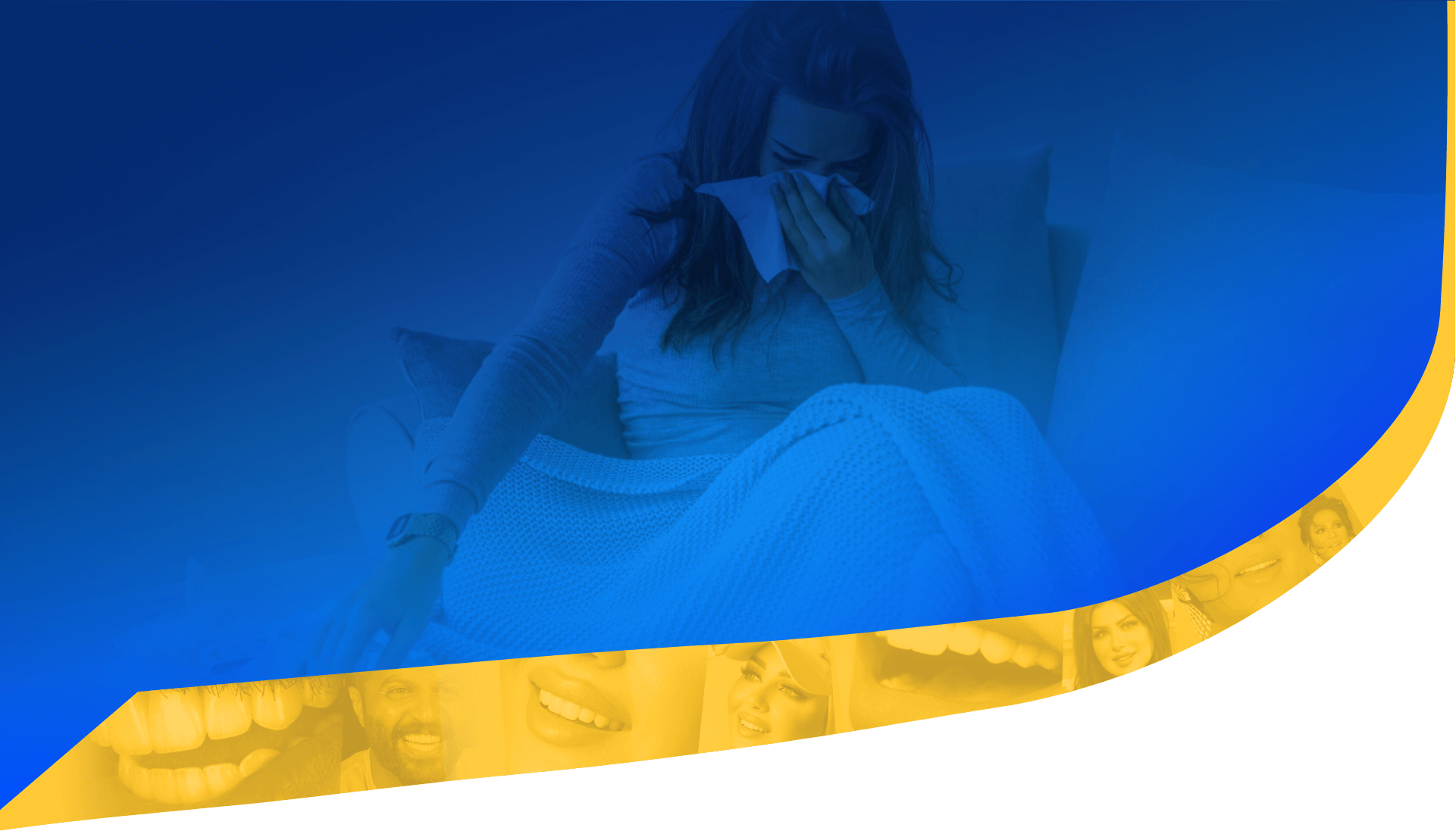Elders

Teeth can stay clean and healthy for life by following oral and dental health guidelines and visiting your dentist regularly. Everyone can keep their teeth and gums healthy regardless of their age if they continue to brush their teeth twice a day using fluoride toothpaste, in addition to using dental floss daily, and visiting the dentist regularly because all these steps ensure the safety and cleanliness of their teeth from any health problems that may threaten them.
Older people may experience certain health problems related to the health of their mouth and teeth, even if they regularly brush and floss their teeth.
-
1Some of the health problems you may have in the teeth and gums of the elderly include:
- Use of dentures
- Take some medications
- Exposure to diseases affecting the elderly
Fortunately, the dentist can help your patient cope with these health problems and overcome them successfully.
-
2Issues concerning the teeth of the elderly include:
- Tooth decay: Tooth decay, especially tooth decay, is high in advanced age. As the gums often recede with age from the teeth revealing the roots of the teeth that do not resist decay well. It is therefore very important that older people take care of their teeth clean with fluoride toothpaste and use dental floss daily as well as not neglecting to visit the dentist.
- Tooth sensitivity: The problem of tooth sensitivity increases with age. As with tooth decay, the gums surrounding the teeth recede with age. These parts of the tooth from which the gums recede are more sensitive to pain when eating hot or cold foods and drinks. Teeth also become sensitive when exposed to cold air, or when drinking sour or sweet foods. In case of tooth sensitiveness, the elderly should use an anti-allergic toothpaste. If anti-allergic toothpaste does not benefit in the treatment of tooth sensitivity and the problem persists, the patient should see the dentist, as dental sensitivity may be one of the symptoms of many oral and dental problems. Such as: a crack or incision in a tooth or decay.
- Certain diseases: Certain diseases that may affect older adults such as diabetes, heart disease or cancer threaten the health of their mouth and teeth. It is therefore very important that you tell your dentist about his or her organic diseases so that the doctor can be aware of all aspects of the condition he is treating and thus provide all the necessary treatment.
- Dentures: Although dentures help older people make their lives easier, they need a high degree of care. Users should follow their dentist's instructions carefully and visit him immediately after any problem with their dentures. Doctors advise the use of dentures to visit them annually for the necessary tests.
- Dry mouth: Dry mouth is a common condition in the elderly, which may result from taking certain medications or as a symptom of a disease in the elderly. Neglecting the treatment of dry mouth will damage the teeth and gums. When visited, your dentist will prescribe several medications or treatments to moisturize the mouth, thereby preventing any problems that may be encountered in the teeth.
- Gum disease: Although gum disease is not limited to the elderly only, rates are higher in older people over the age of 40.
-
3Some of the negative factors that increase the risk of gum disease include:
- Neglecting oral and dental hygiene for accumulated years
- Malnutrition (especially reducing the intake of fruits and vegetables).
- Some chronic diseases such as diabetes, heart disease and cancer
- Smoking
- Some environmental factors such as: psychological stress.
- Some types of medicines used
- Crowns and bridges: The crown and the bridge share their function in terms of strengthening teeth or compensating for the deficiency of one of the missing teeth (due to dislocation or otherwise). The crown is used to cover the entire damaged tooth because, in addition to its tooth strengthening, it improves the appearance and shape of the damaged tooth and adjusts its position to the dental row on it. As for bridges, as mentioned earlier, they are used to replace one or more age lost for any reason. The bridge is built on the void caused by the lost tooth. Bridges are fixed on natural teeth that already exist or on materials implanted around the vacuum of the tooth or teeth that have been lost.
- Although dentures help older people make their lives easier, they need a high degree of care. Users should follow their dentist's instructions carefully and visit him immediately after any problem with their dentures. Doctors advise the use of dentures to visit them annually for the necessary tests.














comment